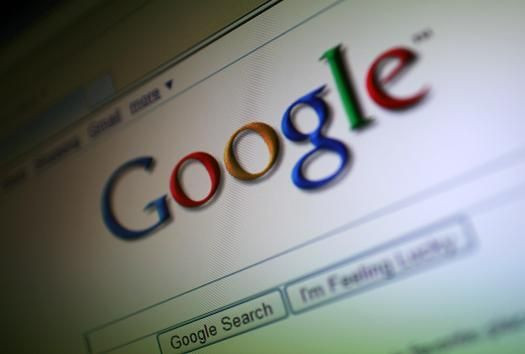Google Devises New Mobile Click Ad Concept For Itself As Well As Yahoo

Google Inc. (NASDAQ:GOOG), the No. 1 search engine, will adapt its AdWords strategy so that it works better and more cheaply for mobile ads in a bid to draw more search advertising for small and medium-size businesses.
As well, Google said it will work with its much smaller rival, Yahoo Inc., No. 3 in search, on similar efforts to boost ads that pop on mobile search, a growing part of the search engine and advertising environment.
The partnership between Google, of Mountain View, Calif., and Yahoo, of Sunnyvale, Calif., is new and could mark a shift in Yahoo's years-long technical ties to Microsoft Corp. (NASDAQ:MSFT), whose Bing is the No. 2 search engine.
“Mobile isn't easy,” analyst Shaw Wu of Sterne Agee, said. “Mobile advertising is fundamentally difficult.”
If it works, the move could lower cost-per-click for Google and Yahoo, boosting profit and getting a handle on the mobile market, where smartphones are generating an increasing number of searches, Wu added.
Other companies in the sector may devise competing strategies, such as Apple Inc. (NASDAQ:AAPL), the most valuable technology company, whose iPhones are used for increasing numbers of searches, as well as Facebook Inc. (NASDAQ:FB), the No. 1 social network site, which said mobile accounted for about a quarter of all searches last quarter.
It may well be a critical means by which Google and its rivals -- invented in the PC era -- adapt to the split between fixed platforms and mobile ones.
“This is a first step to help you more simply and smartly manage your ad campaigns,” Google Senior VP for Engineering Sridhar Ramaswamy wrote on the company's blog site.
Advertisers now use Google AdWords and pay by the number of clicks each generates. They had to set up separate campaigns for PC, tablet and mobile phone ads.
Under the change, the practice will be rolled into one. When a consumer using a smartphone clicks on an ad and then contacts the advertiser to order a pizza or ask for ticket information for a movie, the advertiser will be credited immediately but at a much lower cost.
Larry Kim, chief technology officer of WordStream, a private Boston startup that ran some beta tests for the new AdWords, said the benefit should lure small businesses that previously shunned smartphone ads.
“In the current environment, Google charged advertisers $1 per call to access advanced call reporting features. That’s a lot if a business is selling pizzas for $15 per order,” he said. In the new scheme, the additional call reporting fee goes away. The lure for Google is that it will attract local advertisers such as doctors, dentists and law firms that had resisted the high costs.
Once Google fully implements the new policy, “It will be interesting to see an uptick in mobile ads as well as by early adopters,” Kim said.
With about 70 percent of the search market now, Google's share should likely rise as a result of the new focus, which CEO Larry Page hinted at last month when he discussed fourth-quarter results.
Page said he was “very optimistic” about boosting share from mobile ads, adding, “We are simplifying our systems for advertisers.” The CEO was referring to the move announced this week.
Meanwhile, Yahoo, where CEO Marissa Mayer is a former Google senior VP, signed a nonexclusive agreement to use Google AdSense for its Content and AdMob services.
The target here is users who click onto ads on Yahoo News, Yahoo Finance and Yahoo Sports. Google and Yahoo will split the proceeds, but the majority will go to Yahoo.
Under Mayer, Yahoo has slowly regained audience share because of in-house work as new partnerships with major news sites, including the ABC News unit of Walt Disney Co. (NYSE:DIS) and the NBC News and Sports units of Comcast Corp. (NASDAQ:CMCSA).
Shares of Google set a record high of $786.67 in Friday trading before easing to close at $785.37, up $11.42. Yahoo shares rose 18 cents to $20.50. With dividends, Google shares have gained 29 percent over the past year, while Yahoo shares, which lack dividends, have gained nearly 30 percent in the same period.
© Copyright IBTimes 2024. All rights reserved.






















